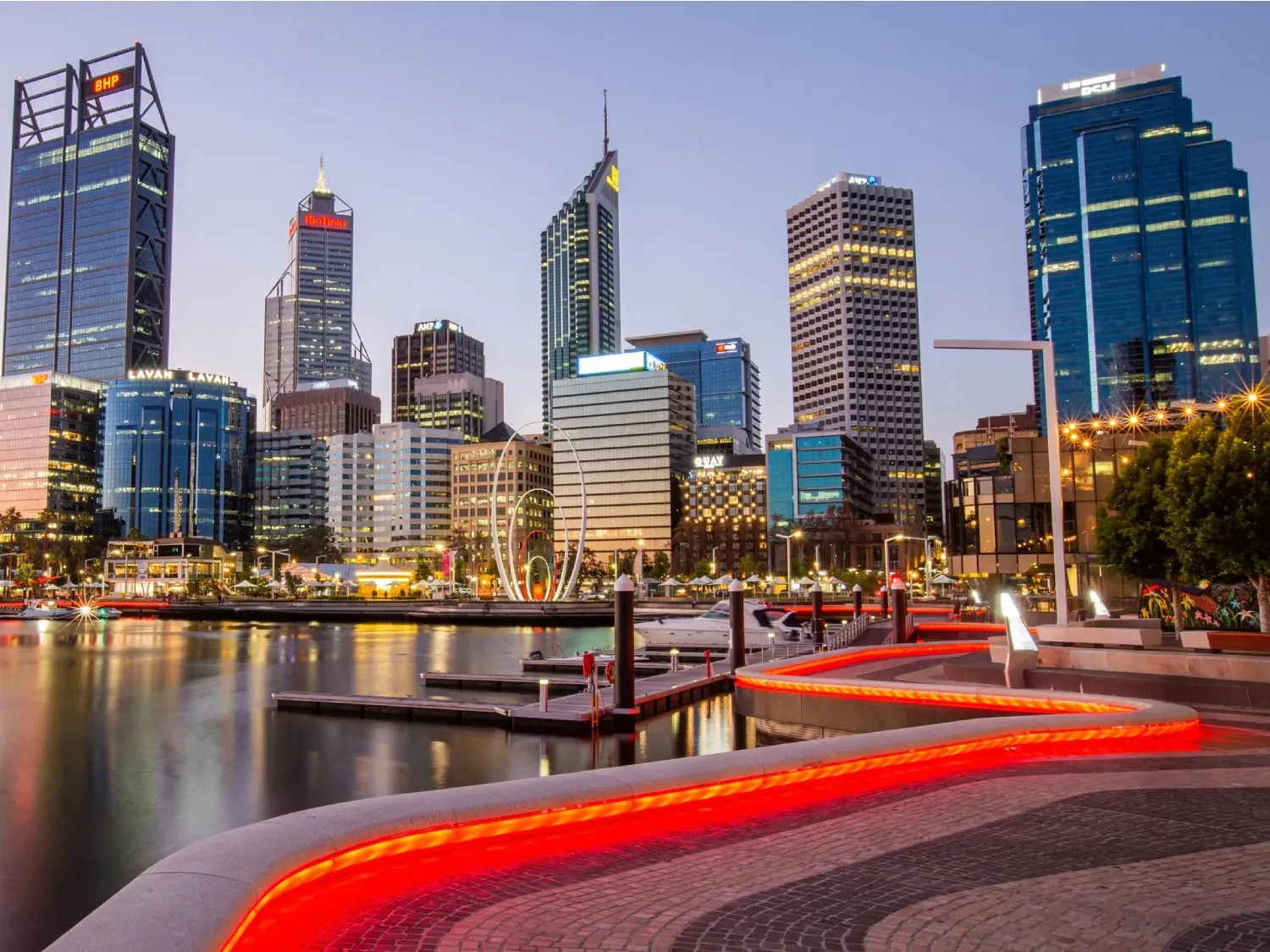Date: 14 December 2023
More than 1,300 hotels verified so far
Industry titans agree three-stage hotel sustainability initiative
London, UK: The World Travel & Tourism Council’s (WTTC) Hotel Sustainability Basics is set to end if first year on a high with more than 1,300 hotels verified, across more than 30 countries from around the world.
The Hotel Sustainability Basics is an independent global sustainability verification programme, overseen by internationally recognised verifiers, Green Key and SGS.
The aim is for hotels around the world, regardless of their size, to follow a 12 step programme to reduce carbon emissions, protect and promote nature, and ensure local communities benefit from the hotel.
It is achievable for all hotels to implement as a bare minimum, and crucially, they serve as a stepping-stone to more complex sustainability schemes.
In its first year, Hotel Sustainability Basics has been endorsed by destinations around the world such as the Caribbean, Mauritius, Colombia, Abu Dhabi, Azerbaijan, Mexico, and Ecuador.
The 'Basics’ has also been adopted by a number of major hotel brands around the world such as Jin Jiang, the world’s second biggest hotel group with more than 10,000 hotels, European hotel giant Louvre Hotel Group, and Radisson Hotel Group.
Other major brands which have signed up Hotel Sustainability Basics include adventure travel specialist Intrepid, British Airways Holidays, HBX Group, WebBeds, Biosphere, and Abercrombie & Kent.
Together, this underscores a global commitment to sustainable Travel & Tourism from across the hospitality industry, and the global tourism body expects thousands more hotels from all four corners of the globe will adopt Hotel Sustainability Basics next year.
Significantly, the recently announced partnership between WTTC, the Sustainable Hospitality Alliance (SHA) and the Global Sustainable Tourism Council (GSTC) has cemented a clear pathway in the hospitality sustainability journey.
This collaboration will establish a structured framework from the Basics towards advanced global standards for hotel sustainability.
Julia Simpson, WTTC President & CEO, said “Basics is a global programme to support hotels to cut emissions, support local communities and protect nature. Launched last year, it is the only independent scheme that gives hotels a helping hand to look at their environmental impact. The take up of Basics is going from strength to strength with whole countries committed to make real, lasting change.
“As we look to the future, our focus remains on strengthening these efforts, ensuring that every step we take brings us closer to a unified vision of sustainability in hospitality. Hotel Sustainability Basics has gone from strength to strength in its first year and we’re expecting thousands more properties to adopt the initiative throughout 2024.”
Satu Rouhiainen, Sustainability Manager, British Airways Holidays said: "Working closely together with our industry and value chain partners is paramount to British Airways Holidays. We are delighted to be supporting the Hotel Sustainability Basics, offering our hotel partners a fair and industry recognised criteria to start their sustainability journey.
“Not only does it give us visibility of the hotels’ progress, but it also provides our customers a way to search for hotels that are committed to progressing in sustainability."
WTTC is committed to leading the charge in sustainable Travel & Tourism. Continuously fostering collaborations and setting new sustainability, the global tourism body global is committed to ensuring a prosperous, inclusive, and sustainable future for the Travel & Tourism sector.
Learn more about Hotel Sustainability Basics.
Notes to Editor:
The Hotel Sustainability Basics emerged as a result of strong sector demand and is made up of 12 key criteria grouped into three areas: efficiency, which includes measuring and reducing energy and water consumption, waste, and carbon emissions; Planet, which includes some fundamental actions to protect the environment, such as replacing single use plastics with better alternatives, a bed linen reuse program, increasing the use of certified green cleaning products or having vegetarian menu options; and People, which includes actions that hotels should take in order to ensure they are making a positive contribution to the communities in which they are located and initiatives to reduce inequalities in employment within the hotel team or the broader community via supply chain choices.
The verifications is managed by internationally recognised verifiers, Green Key and SGS.
According to research, 80% of all hotels are small and medium businesses.
WTTC Events
Webinar: Regenerating Destinations Through Nature Positive Tourism
Sign up for our next webinar.




